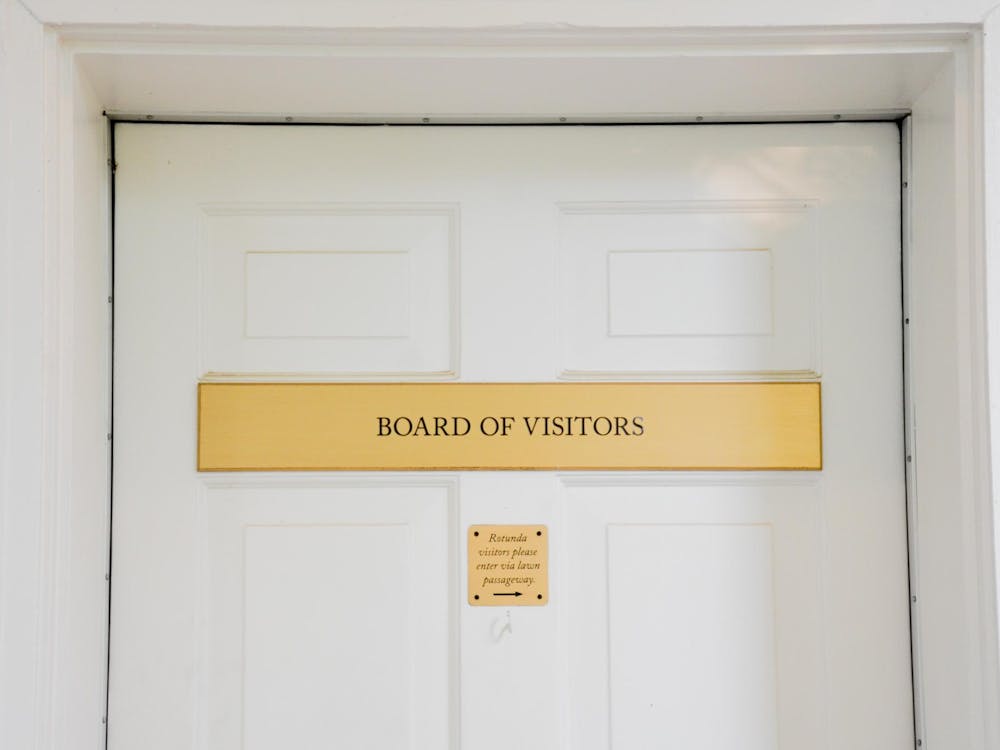The University Board of Elections released February’s University election candidates’ expenditure reports this past weekend. In 2016, undergraduate and graduate candidates spent nearly $3,000 on their campaigns, according to the report.
Each candidate running for Student Council, year-specific offices or school-specific offices is required by the UBE to report all expenses pertaining to their campaign to be made available to voters.
During the course of the election season this past February, candidates reported spending a total of $2,873.18 combined on campaign materials. Candidates for Student Council outspent those running for all other organizations on the ballot, spending a total of $1,332.14 — compared with UJC candidates’ combined spending of only $40.
Krishna Korupolu, UBE vice chair of rules and regulations and third-year Commerce student, said there is no limit to the amount of money a candidate can spend on his campaign as long as he does not violate University policies.
“Basically, it’s money that's spent that you’re going to use to advertise for yourself, [and] donations count as a campaign expenditures,” College student Malcolm Stewart, third-year class president-elect, said.
Stewart reported spending no money on his campaign, but most students use their own funds for their campaigns. However, those who do not have personal funds available can apply for grants from UBE.
“We do have campaign grants for people who want to spend money but don't have the funds themselves,” Korupolu said. “A portion of our budget is allocated to campaign grants that candidates can apply for, [although] candidates usually spend their own money.”
Since UBE’s creation in 2003, candidates have been required to report their campaign expenditures in some format. This year, candidates had to report incurred and projected expenses to UBE by Feb. 15. Previously, candidates had 24 hours to report any expenditure, but Korupolu said this method was not efficient or especially helpful.
“The 24 hour rule was a little more burdensome than it needed to be because there was no additional bonus for the voters or UBE to have candidates report within 24 hours, so it seemed easier for everyone to have it done at one point,” Korupolu said.
Law student Eli Heller, who ran for Student Bar Association president, spent the most money on his campaign, reporting $663.64 total for the election cycle.
Vice President of Administration Sarah Kenny, a second-year College student, spent the most money on any undergraduate student government election, a total of $355. Kenny drastically outspent her opponents second-year College student Michael Eaton-Byrd, who spent $0, and second-year College student Uhunoma Edamwem, who spent $73.
Graphic by Kriti Sehgal






